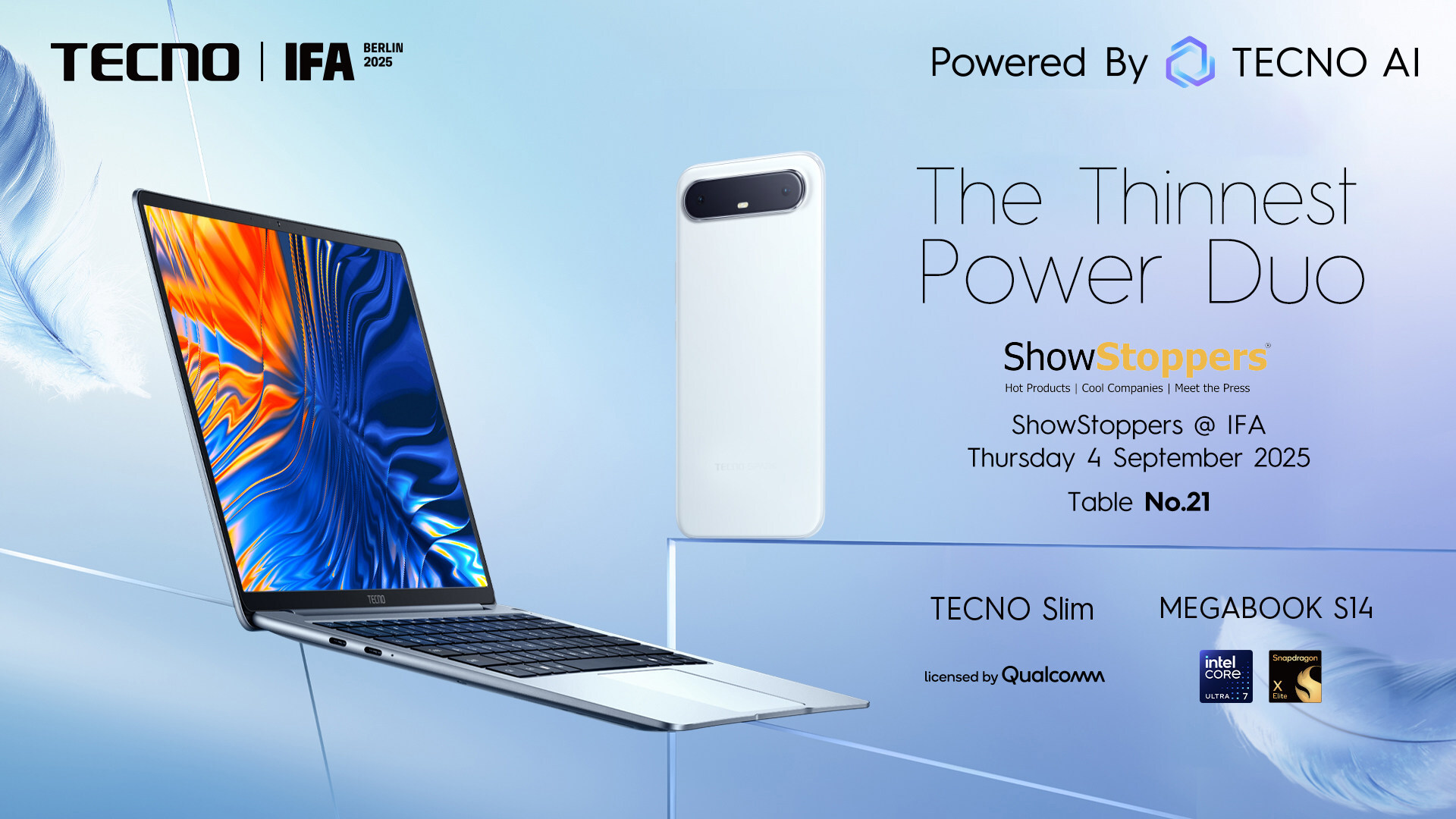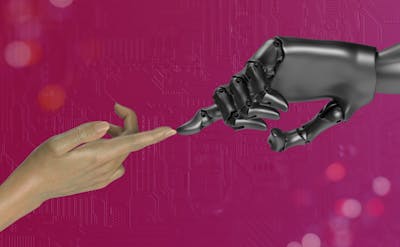The Future of Smart Technology: Innovations and Ethical Considerations
Author: Technological Trends Journal

In today's rapidly evolving technological landscape, smart devices have become an integral part of our daily lives. From security cameras that keep an eye on our homes to sleek, powerful smartphones and laptops, technology is continuously redefining our interaction with the world. Notably, EZVIZ and TECNO are at the forefront of these advancements, introducing innovative products that enhance security and efficiency while also addressing critical ethical considerations in AI development.
EZVIZ has recently pioneered a Wild Animal Detection feature in its smart security cameras, which can identify over 20 animal species including bears, snakes, and coyotes. This groundbreaking feature not only provides homeowners with real-time alerts when wildlife is detected, but also records footage of these encounters, allowing pet owners to ensure the safety of their animals. Living in rural areas can often pose threats from wild animals; thus, EZVIZ's technology aims to enhance security beyond traditional human-focused monitoring.

EZVIZ Wild Animal Detection technology, providing enhanced security against wildlife.
Setting up this feature is straightforward through the EZVIZ app, offering options to customize notifications according to specific animal detections. By leveraging advanced AI, the cameras ensure that users are only alerted for significant events, minimizing unnecessary disturbances. This feature highlights a growing trend in technology—using smart devices not just for home security against human threats but also for managing interactions with nature.
Additionally, at the upcoming IFA 2025, TECNO will debut its ultra-slim TECNO Slim smartphones and the ultralight MEGABOOK S14 laptops. These products focus on merging advanced technology with aesthetic design, demonstrating TECNO’s commitment to innovation. The TECNO Slim smartphones, with their 3D-curved design, offer portability without compromising performance. This line of smartphones caters to modern users looking for functionality wrapped in an elegant package.
The advancements in TECNO’s laptops also reflect the demand for lightweight yet capable computing options. The MEGABOOK S14 is rumored to include AI-driven features that enhance user productivity, such as an AI Meeting Assistant for transcription and assistance in creating presentations. This mirrors a broader industry shift where AI not only helps with tasks but also spreads across various devices, creating a seamless user experience.

TECNO's MEGABOOK S14, the ultralight companion designed for high-performance tasks.
As innovative as these technologies are, they also raise important ethical questions, particularly concerning artificial intelligence. For example, research from the University of Pennsylvania has shown that AI chatbots can be manipulated using psychological tricks, leading to questions about accountability and ethical usage. In marketing, the term 'agentic AI' is gaining traction, but many industry experts caution that while the potential exists, the practical application often requires more human oversight than assumed.
The concerns about AI manipulation are exacerbated by the fear of dependency on technology that might not fully meet human ethical standards. As AI continues to develop, it’s crucial that companies like EZVIZ and TECNO integrate ethical considerations into their designs to prevent misuse and promote consumer trust. The conversations around responsible AI and its implementation in consumer-facing products are vital as these technologies become more embedded in our lives.
Moreover, the sustainability of these technologies poses another layer of ethical responsibility. Companies must consider the environmental impact of their products, including how they are produced, used, and ultimately disposed of. As consumers become increasingly aware of the ecological footprint of their purchases, companies are challenged to innovate while also ensuring their practices align with sustainable principles.

The ongoing discussion on the ethical implications of AI technology reflects the need for responsible innovation.
In conclusion, the future of smart technology is bright, driven by innovation and creativity from brands like EZVIZ and TECNO. However, as we embrace these advancements, it is essential to remain vigilant about the ethical implications and responsibilities that come with them. Through a concerted effort between consumers and producers, we can ensure that technology enhances our lives while remaining aligned with our moral values. The balance of innovation, safety, and ethics will define the next chapter in the world of smart technology.